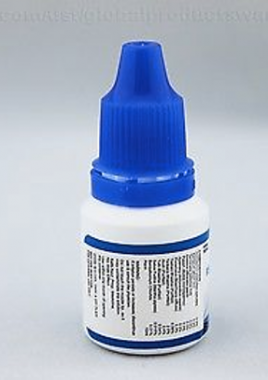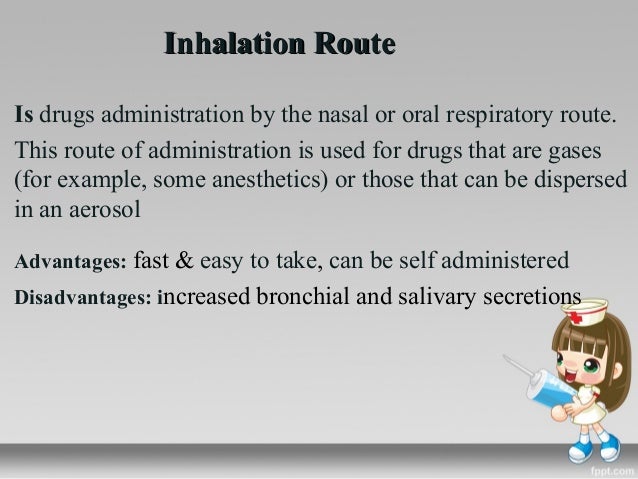
It’s important to tell your glaucoma specialist about any other medication you take to prevent undesirable drug interactions. In some cases, the drugs can affect the cardiovascular system. These include redness and stinging of the eyes, blurred vision and irritation, and allergies. This drug route often has unwanted side effects. Oral medication can also do the same, with carbonic anhydrase inhibitors or beta-blocker being the most commonly used. Either way, this helps reduce the pressure. They either increase the flow of fluid from the eye or decrease the creation of it. How Eyedrops and Medication WorkĮye Drops work in one of two ways. This means if an immediate member of your family has glaucoma then this places you at a higher risk of developing the condition. While this can occur in anyone, the condition is known to be hereditary. In the early stages of glaucoma, most people are asymptomatic, meaning that the only way the condition is diagnosed is through regular eye checks. The optic nerve is the link between the eye and the brain.įor optimal vision, this pathway must work uninhibited.

The condition is the result of increased fluid in the front element of the eye and, if not treated, can lead to loss of vision.

It can affect anyone but is more common in those aged 60+. Glaucoma is a common condition where increased pressure within the eye causes damage to the optic nerve.


 0 kommentar(er)
0 kommentar(er)
